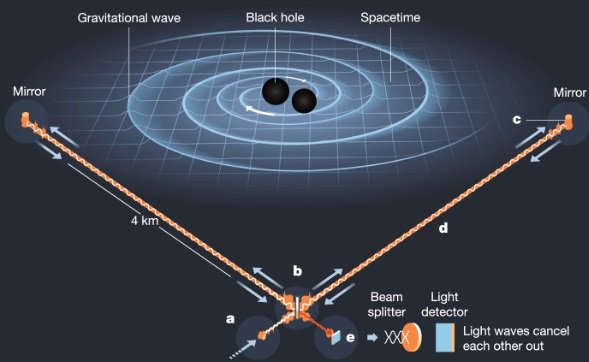
In a groundbreaking development, researchers have uncovered a new type of uncertainty relation induced by the elusive gravitons—hypothetical particles that may carry the force of gravity. This discovery represents a crucial step towards reconciling two pillars of modern physics: classical gravity and quantum mechanics. The findings, led by researchers Prof. Sunandan Gangopadhyay and Mr. Soham Sen from the S.N. Bose National Centre for Astrophysics, provide fresh insights into the long-standing challenge of understanding quantum gravity.
Bridging Classical and Quantum Physics
Physics has long been divided between classical mechanics and quantum mechanics. Classical physics, guided by Newton’s laws, governs the behavior of large objects such as planets, cars, and people. Quantum physics, on the other hand, explains the bizarre and counterintuitive behavior of subatomic particles like electrons and photons. The challenge for scientists has been to develop a theory that unites these two seemingly disparate realms, particularly in extreme conditions, such as near black holes or neutron stars.
What is Quantum Gravity?
Quantum gravity (QG) seeks to describe how gravity operates at the smallest scales, where both quantum effects and gravitational forces play significant roles. While gravity is typically associated with massive objects, like planets or stars, quantum gravity examines how this fundamental force might behave at the subatomic level. In regions of intense gravitational fields, such as the event horizon of a black hole, both classical gravity and quantum mechanics are believed to interact, but no unified theory has successfully explained this interplay—until now.
Gravitational Noise: A Clue to Quantum Gravity?
The recent discovery revolves around the concept of gravitational noise, which arises when gravitational fields are studied through the lens of quantum mechanics. These fluctuations, although incredibly subtle, can be detected by sensitive instruments like LIGO, which measures tiny distortions caused by gravitational waves. This noise suggests that gravity might exhibit quantum behavior, offering potential evidence of gravitons. If confirmed, gravitons could be the key to understanding quantum gravity, which has remained elusive for decades.
Research Contributions: Uncovering Graviton-Induced Uncertainty
The work by Prof. Gangopadhyay and Mr. Sen focuses on how objects falling freely in gravitational fields are influenced by quantum gravity. They discovered a novel uncertainty relation that emerges from the noise created by gravitons. This uncertainty relation ties the position and momentum of falling particles to the quantum fluctuations caused by gravity. The discovery suggests that gravity itself may not just be a force in the classical sense but also has quantum aspects.
Generalized Uncertainty Principle
The researchers have identified a new form of the uncertainty principle—the fundamental rule of quantum mechanics that limits the precision with which certain pairs of physical properties, such as position and momentum, can be measured. In this case, the uncertainty arises from the noise created by gravitons, indicating that gravity may influence particles in ways that go beyond classical predictions. This insight is a major leap toward proving that gravity has a quantum nature, an idea that has intrigued physicists for years.
Publications and Impact
This discovery is detailed in their paper, “Uncertainty principle from the noise of gravitons”, published in the European Physical Journal C. Another relevant study, “Quantum gravity corrections to the fall of an apple” by Chawla and M. Parikh, explores how quantum gravity might alter the familiar experience of gravitational force at small scales.
The implications of this research could reshape our understanding of the universe, providing a stepping stone toward a unified theory of physics that bridges the gap between the macroscopic and microscopic worlds. As the quest for quantum gravity continues, these new findings offer exciting possibilities for future exploration.
Summing Up
The discovery of a graviton-induced uncertainty relation marks a pivotal moment in physics, bringing us closer to the long-sought goal of unifying gravity with quantum mechanics. The research opens new doors to understanding the fundamental forces of the universe and could ultimately lead to revolutionary advancements in both theoretical and experimental physics.

